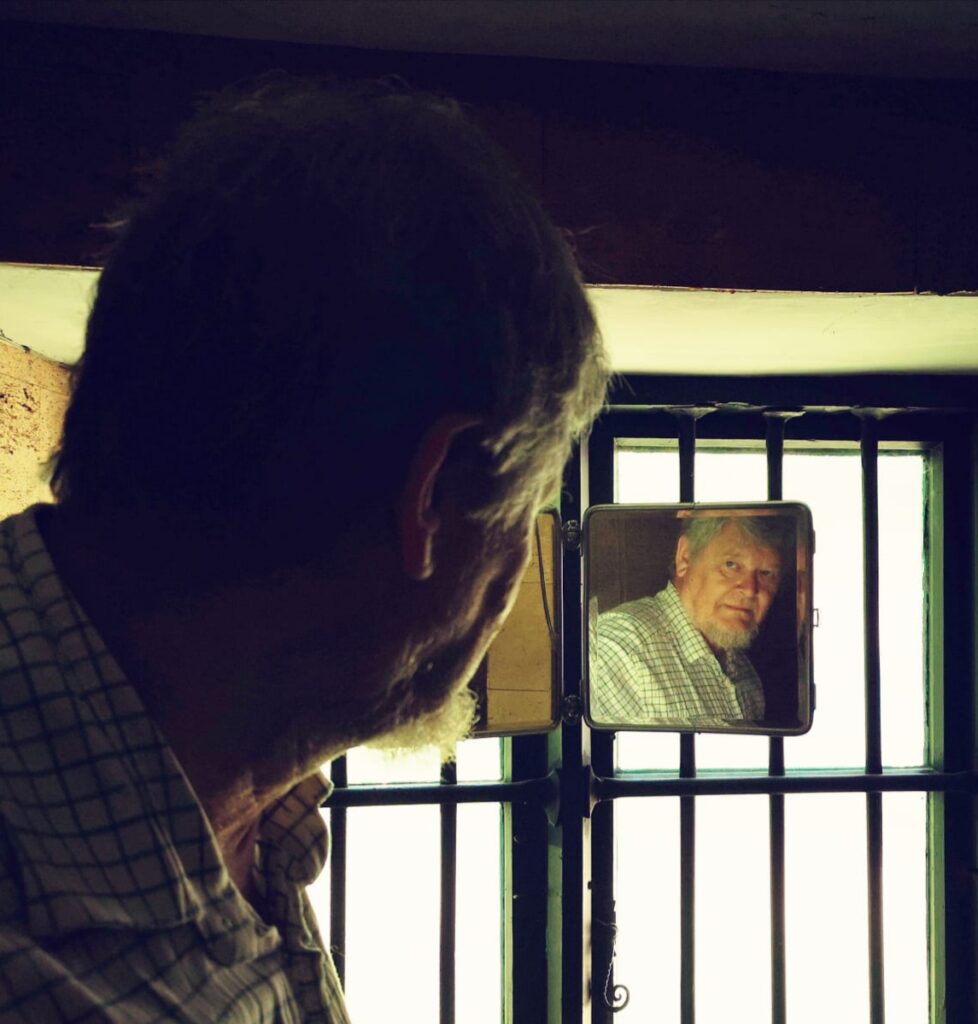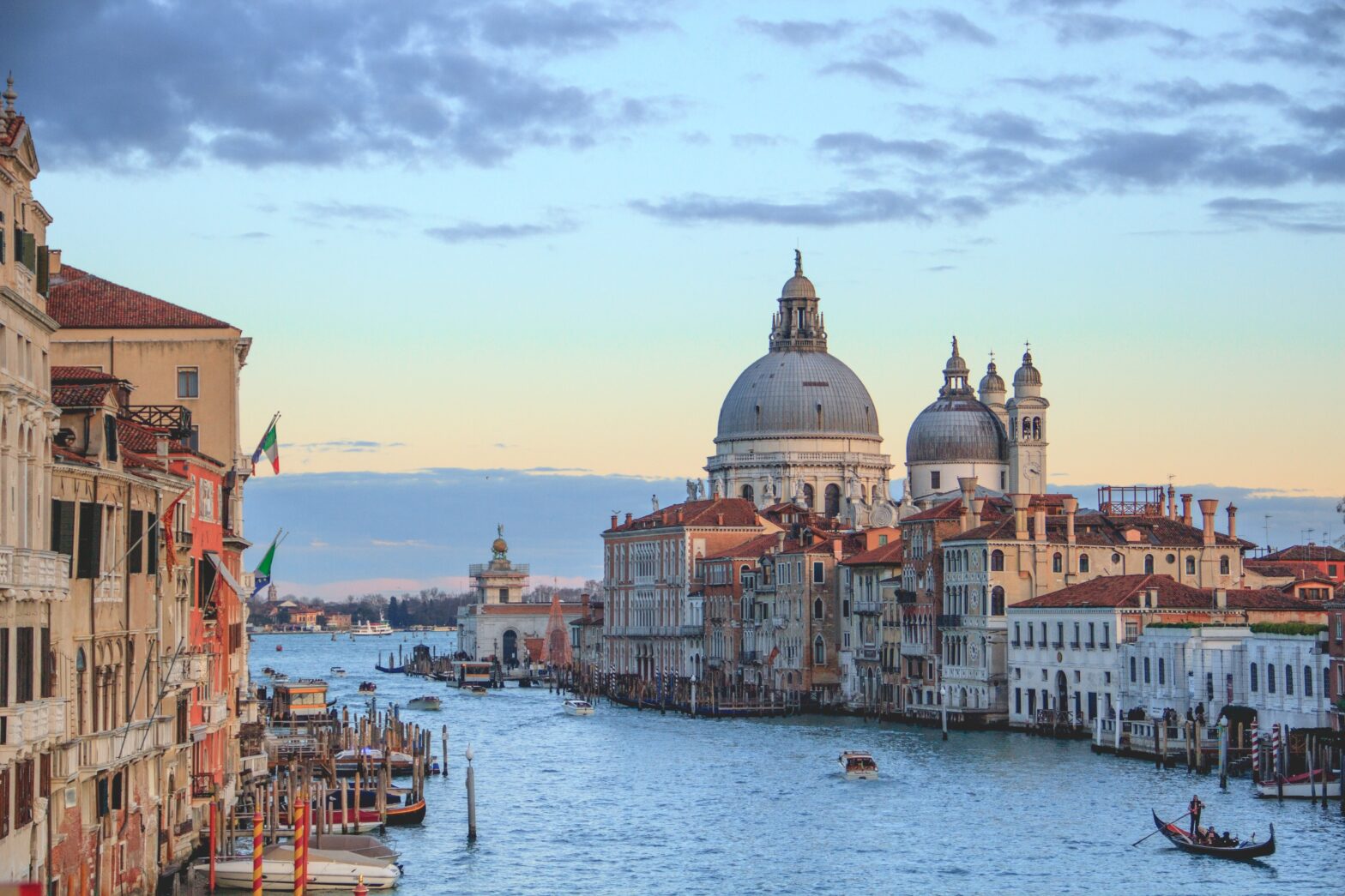30 November 2022
A Matter of Principle
by J.R. Thomas

The idea of a politician standing up in the House of Commons, let alone next door in that overcrowded upper chamber full of old duffers and ministerial failures, and referring to, “Mr Speaker, an important matter of principle” is laughable. Worse than laughable, it would be unbelievable.
Neither of the main parties seem to believe in anything much nowadays; they pay due respect (on one side) to Thatcherism and to the people’s right to make their own choices; and (on the other) to a fairer society and equality of opportunity. But neither have any idea of what that might really mean in 2022, let alone how we might achieve any of it. The ScotsNats have a fixed belief of course, independence for Hibernia (no further details yet available). And the LibDems? Well, since the retirement of Mr Gladstone it has become increasingly unclear what sort of world they would like; other than a bit milder than whatever the Labour Party has in mind, and a bit greener.
The general shape of things seems to be that every politician thinks they can make things better if only the citizenry would do as they were told; and pay more tax. Issuing orders and not tolerating dissent was of course the Marxist solution, and going back a bit, also the solution of paternalistic Toryism. Eighteenth century Whiggery too felt that the upper classes knew the right answers, as did the twentieth century Labour Party, but both gradually began to doubt their own certainty, culminating respectively in the glory days of Gladstonism and Blairism.
This train of thought began when reading an article which quoted from Friedrich Hayek, the post war liberal (not the LibDem sort) thinker and constant inspiration to Mrs Thatcher. That prompted me to take his bible of liberty, The Road To Serfdom, down from the shelf and read a few improving paragraphs. But alas and alack, and especially alack, there was a great lack of it, on that shelf or any other, and I have to conclude that the treasured volume (bought in 1977) has indeed taken the road. But I found nearby Alfonso Lowe’s La Serenissima, his great history of the final century of the Venetian Republic, that doomed time of economic collapse combined with a great cultural flowering and liberal, not to say libidinous, behaviour. Lowe quotes with admiration William Beckford’s maxim, drawn from his frequent forays to Venice “The art of ruling is to keep the people in good humour”.
Our present generation of politicians seem to have forgotten that simple but wise suggestion. The people are in bad humour indeed, over-taxed, under-serviced (at least by the state), fearful of falling income, rising interest rates, increasing costs, and with a doleful dread of falling ill with a health service that is rapidly failing. All stirred up, of course, by social media super-spreading doom and despondency to us all. Or at least those of us who have not yet de-Twittered, de-Faced Facebook, and logged-out of Instagram for ever. What is a politician to do?
Develop some principles, might be thought to be the answer, and from clearly articulated principles, create some policies to improve the world. The Green Party has done this of course: its principles are clear, although its policies are alarming on the practical level of life for most people, and not likely to keep the citizens in good humour. Ms Sturgeon’s SNP also has clear principles – nationalism written stridently, but the SNP’s attempts at ruling Scotland suggest an independent Scotland run on current incompetent lines would give little opportunity for cheerfulness. And it was not long since the Labour Party was led by a man who had clear principles and even a coherent set of policies derived therefrom, though not ones that voters felt might be much fun to live under, as Mr Corbyn found out when he offered them to the electorate in 2019. But the Conservatives since the rise of David Cameron to their leadership and Labour since it bade farewell to Mr Corbyn and welcomed Sir Keir Starmer to the top job have both become the parties of technocrats; it is hard to see much between them other than minor degrees of difference. Mrs May espoused neither principles nor policies. Did, or does, Boris have deep seated and fundamental beliefs in some particular approach to the governance of society? Maybe, but as he seems to review and amend this aspect of his personal philosophy on a monthly basis it is not possible to tell what it might really be. After his fall from power, the Conservatives had a brief flirtation with a possible Trussian reversion to that Thatcherite melding of a conservative way of doing things with Manchester liberalism, but that lasted six weeks. Now once again the party policy is fudge and nudge; totally unlike Labour who prefer nudge and fudge.
Does this matter? Yes it does. It is possible for technocrats to run a country perfectly efficiently (though you might not think that, looking at the chaos most aspects of public life in the UK have descended into over the last fifteen years or so). But in the long run there has to be a sense of direction, a vision of where society might be headed. Mr Corbyn did give that; and the voters seemed to understand it; and rejected it. Before that we had a developing sense of purpose from Mrs Thatcher – a coherent set of policies founded in a deep-seated philosophy and carefully unveiled step by step to an increasingly convinced electorate. Tony Blair built on the strong economy and liberalisation of life of the Thatcher years to build constitutional reform and social change. But since then we have not had leadership that has what George H W Bush so memorably described as “the vision thing”, and perhaps not surprisingly there has not been the development of policies to tackle the various failing elements of life in Britain. Top of that list might come the increasing gap between rich and poor and in particular the very poor wages paid to those at the bottom of the heap. But also a burden on us all is the extraordinarily high amounts taken by taxation and the very poor public services we get in return; the way in which tertiary education fails to provide for the needs of a modern society; the ever expanding civil service and its creation of things for us to do to justify its self-created existence; and the disaster that is the National Health Service, spending ever more, providing ever less, and with increasingly disenchanted (and departing) staff.
The answer to these problems might be socialism and central direction, it might be a return to liberalism and free choice, it might be some third or fourth way that lurks awaiting its visionary exponent. But as we sink into chaos and confusion and a sort of national depression, it is time that we found politicians with a sense of leadership, with new ideas or even old ones, sold to us with drive and originality and boldness. Is that possible; or could we, like C18th century Venice, end in poverty, but culturally rich and with the best parties in Europe?
tile photo: by Henrique Ferreira on Unsplash


